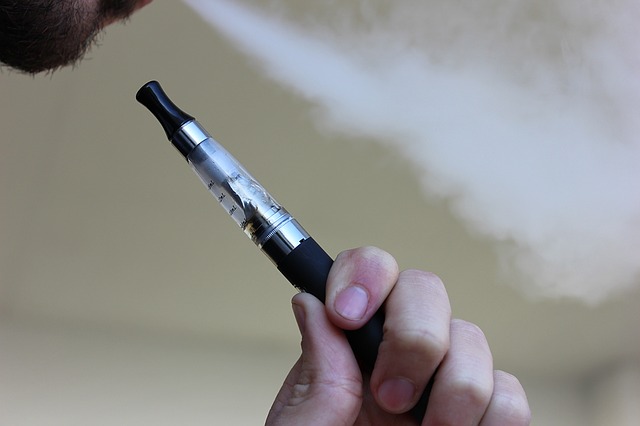Teens who vape are six times more likely to try regular cigarettes within two years compared to those who have never taken a puff from any devices, a new study reported by Reuters says.
Jessica Barrington-Trimis, lead author of the study from the University of Southern California, says, “We’re concerned that kids who experiment with e-cigarettes may be moving on to other types of tobacco products, like combustible cigarettes, which are arguably a lot more dangerous.”
Vaping is a term for smoking electronic cigarettes, handheld devices that vaporize a fluid that generally contains nicotine and some kind of flavoring. The trend has seen an increase in recent years, with more and more teenagers vaping.
The researchers based their findings on surveys done by the USC which involved 300 high school students in southern California. In 2014, at least half the student respondents said they had tried one e-cigarette.
In a follow-up survey in 2015, about 40% of those who had tried vaping had tried real cigarettes, compared to 11% who said they had not.
The researchers adjusted for gender, ethnicity, grade and parental education and their final statistics showed that teens who tried e-cigarettes had six times the odd of becoming regular smokers compared to those who had never tried vaping.
Upon looking at the teens who said in the first survey that they had no intention of taking up smoking, the risk of moving from e-cigarettes to real cigarettes by the next year became 10 times greater.
Barrington-Trimis is of the opinion that the high risk among teens who say they’re not going to smoke “suggests this is not just occurring among kids who intended to smoke anyway.”
The survey respondents were 11th and 12th grade students who were at least 18 years old by the time of the second survey.
The US Food and Drug Administration took big steps last year to crack down on e-cigarettes and banned the sales of the devices to anyone under 18 years old.
The study was published in the journal Pediatrics.
























